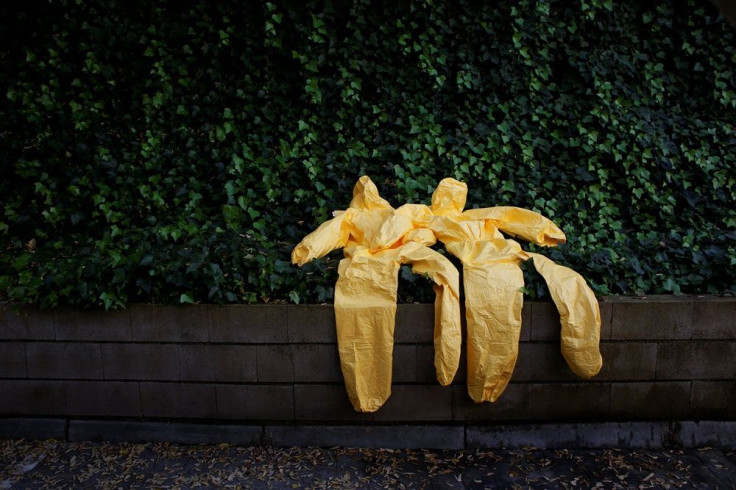Ebola Virus Remains Strong After A Year

It has been a year since the news on Ebola virus erupted in West Africa, and the virus remains fatal as ever. More than 10,000 deaths and 24,000 infections have been recorded since the epidemic, which started in Guinea and reached Liberia and Sierra Leone.
The challenge does not lie in slowing down the disease, but rather in the attempts of completely wiping it out. This stems from the fact that there are still people who handle dead Ebola victims secretly. Charles Mambu, executive director for Health For All Coalition, explained, “In some of these communities when these religious people die, they still wash their body and they still continue to bury those people secretly in the various communities.”
The consequences of the Ebola cases have extended to more than just health crisis. Rohan Kent, risk manager of Plan International Australia, said there is also “food security crisis” due to the lack of people to farm the land.
According to microbiologist Professor Peter Piot, who co-discovered the virus, another outbreak would be anticipated to occur in central or west Africa. Though the number of Ebola cases has continued to drop, he believes the efforts and investment in the development of treatments should be promoted.
Sierra Leone, which has been the most affected area by the virus during its outbreak, announced to its capital and in the northern parts the three-day lockdown plan to arrest the transmission of the disease. The same plan was carried out in September. The next lockdown will be between March 27 and 29, which means that about 2.5 million residents will have to stay in their homes.
The Ebola virus is believed to come from fruit bats and was identified in Central African Democratic Republic of Congo by scientists, including Piot. Since its identification, the outbreak occurred in central Africa, but has taken the west Africa by surprise.
Several vaccines are being developed to combat the virus and two of those are now in their human clinical trial phase.
To contact the writer, email: wendylemeric@gmail.com





















